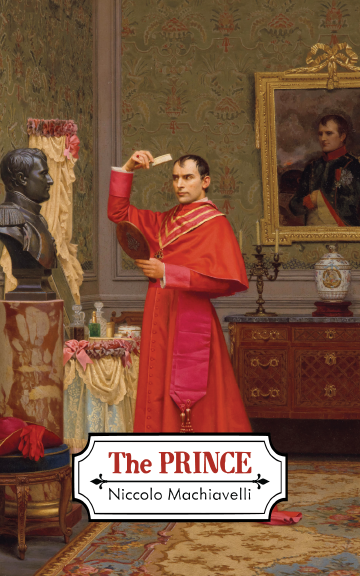The Prince
The Prince
First emerging in 1513, but not formally published until several years after the author's death, The Prince by Niccolo Machiavelli is one of the most influential texts of the Early Modern Period, if not the whole of human history. Originally composed in the form of correspondence between the author and Lorenzo di Medici, the Duke of Urbino, The Prince is one of the earliest examples of modern political philosophy in existence.
In this work, Machiavelli outlines a guide on how to rule, how to consolidate power, and how to out-position and out-flank political opponents. There has been significant debate in the intervening centuries as to Machiavelli's true intentions for his own work — was Machiavelli a ruthless genius of courtly politics and truly deserving of the epithet he would later give his name to? Or was the author not "Machiavellian" at all and was instead satirizing or deceiving such princes and rulers?
Satirical or sincere, deceiving or otherwise, The Prince is a work that is both interesting and influential in equal measure. The William K. Marriott translation provides an excellent access point to the text.



